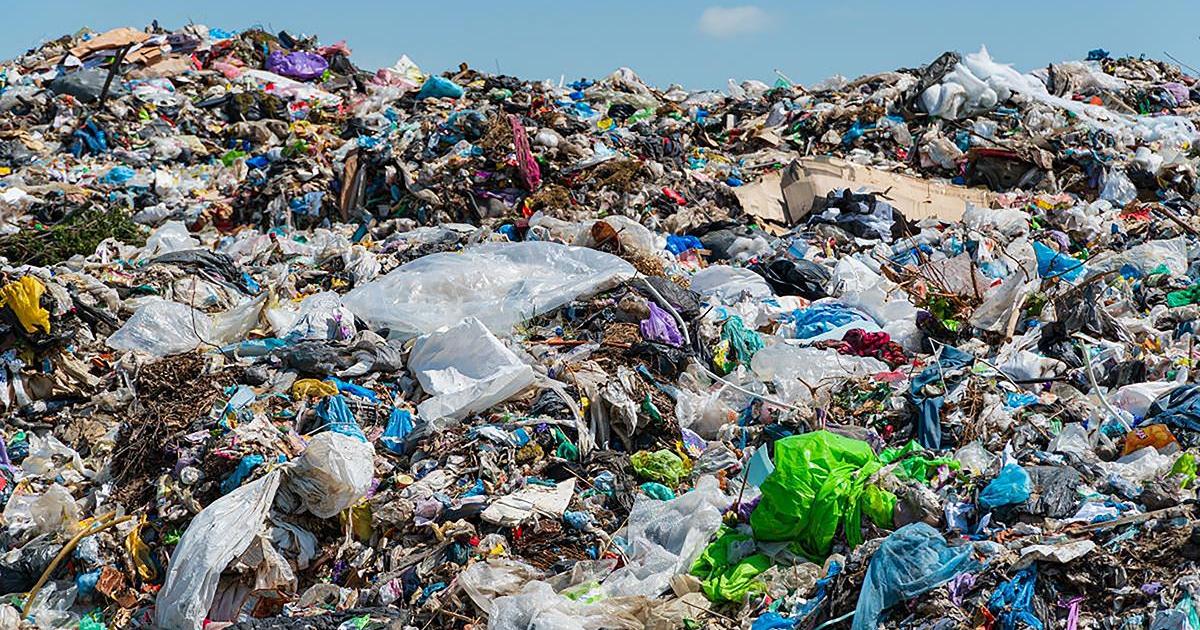Malta is on track to miss its 2025 targets for the recycling of municipal and packaging waste, unless it makes “urgent reforms and investment” to reduce its landfill usage, a report by the European Commission (EC) has warned.
RELATED STORIES
The EC released the 2025 Environmental Implementation Review concerning Malta where it highlighted Malta’s struggles to meet recycling targets set for 2025.
Targets set for 2025 mean that Malta is required to recycle 55 per cent of municipal waste and 65 per cent of all packaging by the end of 2025.
Figures reported in 2022 show that Malta is far from reaching these targets. That year, Malta had a recycling and reuse rate for municipal waste of 13 per cent (EU average 49 per cent), and a recycling and reuse rate for packaging waste of 32 per cent.
Both these figures have remained largely unchanged over the past decade.
Given these results, the report raised serious concerns about Malta’s ability to meet both these targets by the end of the year. Five years ago, Malta failed to achieve 50 per cent recycling rate for municipal waste – a target it missed by a significant margin.
The EC opened filed infringement proceedings against Malta in July 2024 for missing this target.
“Urgent reforms and investment are needed in waste management to move away from Malta’s reliance on waste disposal in landfills. In particular, the country relies greatly on landfill of municipal waste and construction and demolition waste,” the report said.
‘Malta has not made progress’
The amount of municipal waste generated in Malta has stagnated over the past few years with 618 kg per capita of municipal waste recorded in 2022, which is well above the EU average of 513 kg.
A large majority – over 80 per cent – of municipal waste is handled at landfill sites. This rate has remained largely unchanged over the past decade, the report added.
Regarding packaging waste, Malta produced 167 kg per capita of packaging waste, which is slightly below the EU average of 186 kg per capita. Despite this, recycling rates in 2022 were below the 2025 target.
The report, titled Waste Early Warning Report, was released in 2023, and it offered suggestions to member states which are at risk of not hitting these targets.
Waste management plan lacks a strategy- report
“Malta has not made progress in developing sufficient infrastructure for the recycling of waste, particularly biowaste,” the report noted. Thus, it reiterated the recommendations of the 2023 report.
The commission mentioned numerous measures that can be implemented for Malta to reach its targets. These include improving separation of collection at source, invest in waste prevention measures, and implement a pay-as-you-throw system for businesses and households (households are charged a rate based on how much waste they present for collection).
The report highlighted how the country has chosen not to implement landfill or incineration tax. Instead, it is gradually increasing the gate fee so that one tonne of mixed waste deposited in landfills will cost €120 by 2027, increasing from €40 in 2023.
Amount of waste doubled due to construction
Overall, figures show that the amount of waste generated in Malta has doubled over the past 12 years, which seems to have been triggered by the country’s economic and population growth. The report added there are no clear indications of how the country plans to decouple waste generation from economic growth.
“This trend is primarily driven by the largest waste category, namely mineral waste from construction and demolition due to excessive construction on the islands,” the report said.
In 2022, Malta had a reuse and recycle rate of construction and demolition waste of 67.3 per cent, below the EU average of almost 80 per cent. The report said Malta’s waste management plan lacks a strategy to increase the recycle and reuse rates of critical raw materials.
On the other hand, the report noted that Malta’s circular economy – an economic system based on reusing materials – was performing well. Malta’s circular material use rate (CMUR) has been steadily increasing since 2016. The most recent figures in 2023 show that Malta recorded a CMUR of 19.8 per cent, which is well above the EU average of 11.8 per cent.
Malta also places above the EU average with regard to resource productivity – the total amount of materials directly used by an economy in relation to gross domestic product (GDP). In 2023, Malta generated €2.82 per kg of material consumed, compared to the EU average of €2.23 per kg.
The report noted how the €600 million waste-to-energy incinerator plant, which was supposed to be up and running in 2023, is at the heart of the government’s decision to divert waste from landfilling.
The planned incinerator is at a halt again as one of the bidders appealed the decision to award the contract to the Paprec-Bonnici Bros consortium.
